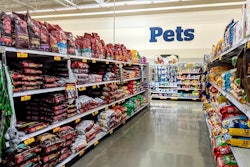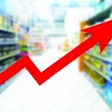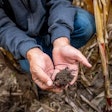
In December 2023, Argentina's government, led by President Javier Milei, proposed an increase in export taxes, a decision that could significantly impact various sectors, including the pet food industry.
Part of a suite of economic measures introduced by Economy Minister Luis Caputo, this proposal seeks to raise export duties from 4.5% to 15% on certain commodities. Currently awaiting legislative approval, this measure is a response to Argentina's severe economic crisis.
Increased export tax could limit competition in international markets
The pet food industry, which exported 112,000 tons in 2022, faces a potential upheaval. The proposed "Bases and Principles for the Freedom of Argentines" law could raise export duties for pet food from the current 4.5% to 15%.
This increase has prompted the Argentine Chamber of Companies of Animal Nutrition (CAENA) to advocate for the exclusion of balanced food from this hike. CAENA warns that such a tax would severely limit their ability to compete in international markets, likely resulting in decreased production, negatively affecting investments and employment.
This tax hike could inhibit export growth and local production in the pet food sector, challenging major export-driven initiatives. An escalation in export duties could compel local manufacturers to reconsider expansion plans and innovation strategies, potentially stifling the industry's entrepreneurial spirit.
Does this signal a shift toward restrictive trade practices?
The impact of this tax increase on global consumption of Argentine pet food, however, might not be as severe if Argentine products manage to maintain competitive prices in international markets. Yet, this policy raises broader questions about government intervention in business and trade, contrasting with the government's professed stance on minimal state interference.
This move by the government has sparked concern among industry stakeholders and analysts, signaling a shift toward more restrictive trade practices. It could impact Argentina's long-term position in the global market, especially in sectors like pet food that have shown significant growth and international appeal.
As the debate continues, the pet food industry awaits a decision that could redefine its global standing and operational dynamics. This period marks a crucial juncture for industry stakeholders as they navigate the uncertainties and potential changes brought about by this proposed tax increase.


















